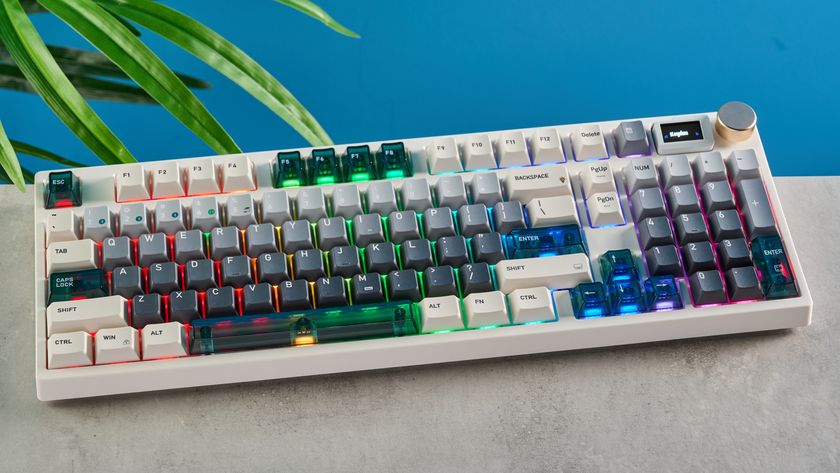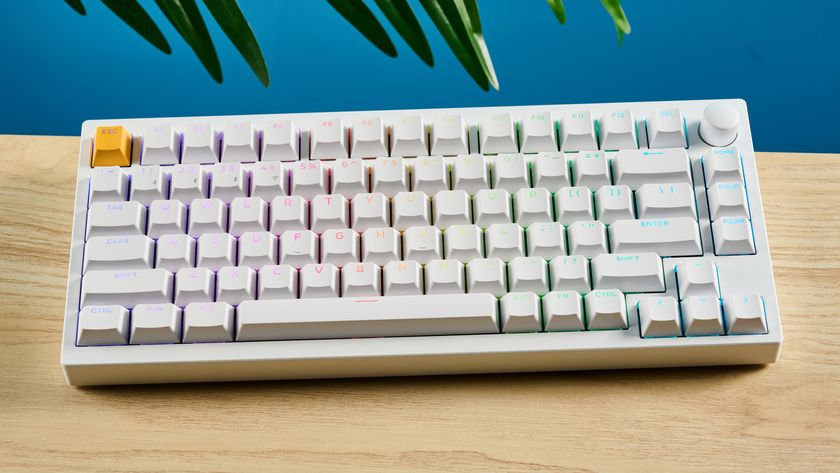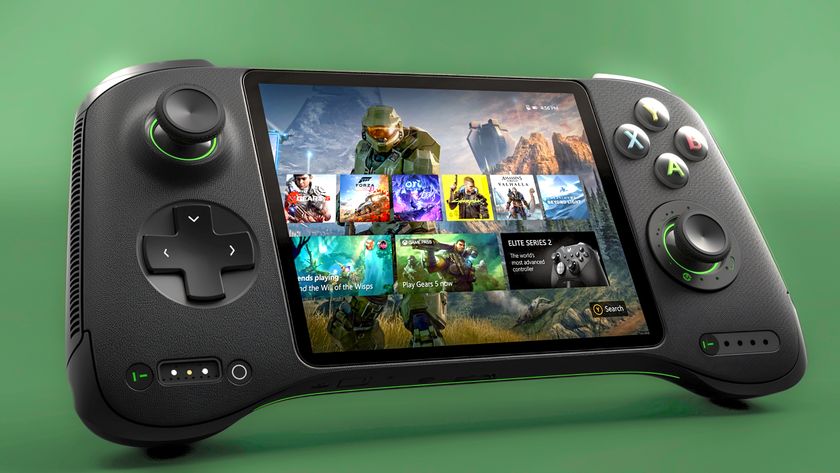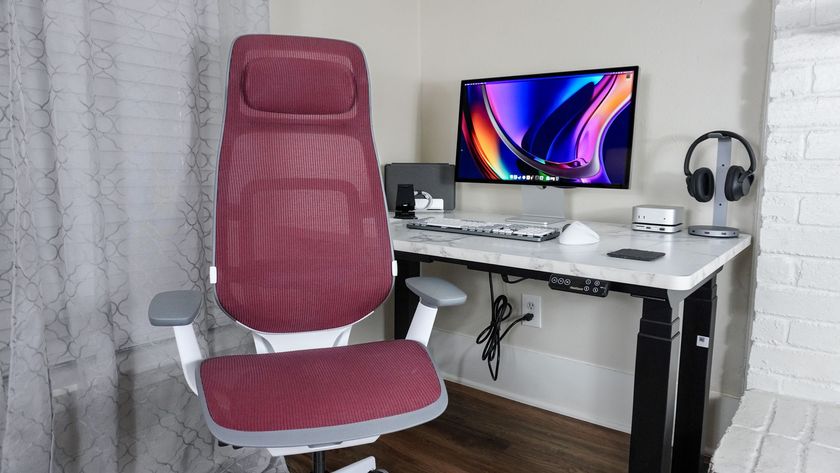Why you want a mechanical keyboard
While there are decent membrane keyboards on the market, if you're an average typist or a core gamer, you're better off going mechanical.
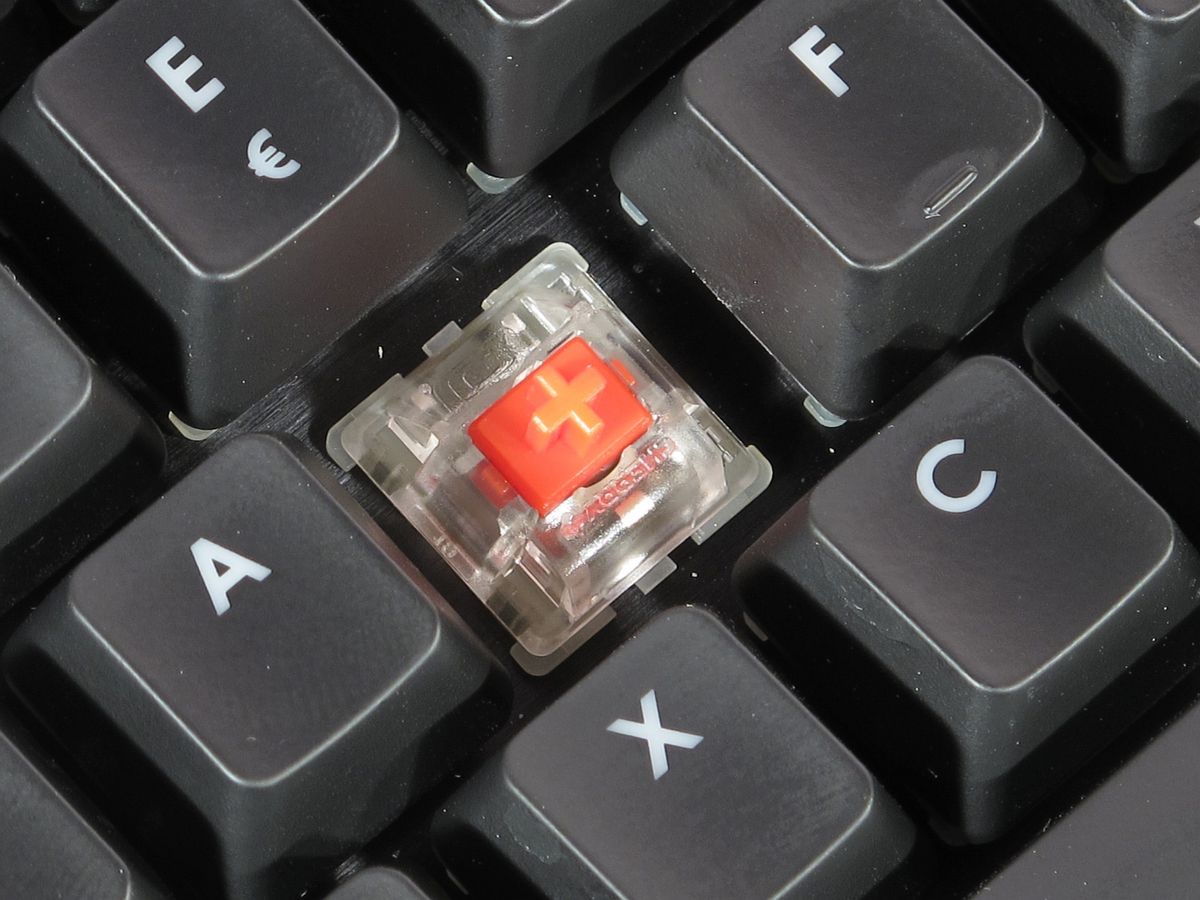
EDITOR'S NOTE: This piece was originally published on October 8, 2014. Most of the information is still accurate, although we have edited it lightly to modernize references to games and hardware.
Do you have a mechanical keyboard? If you're already pushing down the resistant Y-E-S keys on your clackety gadget with more than 100 switches, you're excused. Go type the great American novel or play a round of Overwatch 2. If, however, you're silently tapping N-O, feeling the electric circuits mush under your fingers, you need to read on.
You might not know it, but if you're an average typist, you're capable of logging 8,000 keystrokes every hour. Suppose, for argument's sake, that you type eight hours per day, five days per week. That's a staggering 16,640,000 keystrokes per year, and if you use a standard membrane keyboard like ones that come with most desktop PCs, those strokes are not nearly as comfortable or reliable as they could be.
Membrane keyboards have won over the general public with low prices and passable functionality, but hardcore gamers and typists know that they're the electronic equivalent of blowing your nose with a pizzeria napkin rather than an embroidered silk handkerchief.
While there are some decent membrane keyboards on the market, there is no compelling reason to buy them, aside from price. Your hands spend more time on your keyboard than on the steering wheel of your car; aren't those 16 million keystrokes worth a little extra money?
How keyboards work
On any keyboard, the user taps a letter that actuates (registers) and tells the device to send a signal to the computer. When the switch is on for a fraction of a second, it sends a single letter to the computer; when it's on for longer, it sends the letter over and over (try holding down the "A" button and see what happens if you don't believe me).
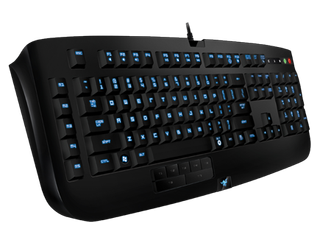
Membrane keys
On membrane keyboards, the key passes through a plastic layer with electrical contacts and then through a hole to a second layer that interrupts a circuit to register the stroke. Pressing through these layers makes typing on a membrane feel like tapping your fingers on old, stale Jell-O.
For purposes of this article, consider "Chiclet" keyboards, such as those used by Apple desktop computers, to work identically to regular membrane models. It's not strictly true, but the technology is similar enough that the same considerations apply when comparing them to mechanical devices.
Mechanical switches
When you type on a mechanical keyboard, you press down on a keycap, which activates a spring-loaded switch underneath it. Depending on the type of switch, this spring can require more or less force and it can either make a pleasant "clack" noise or remain silent. In every case, mechanical switches provide tactile feedback, which helps typists know that they have pressed the key hard enough to register and haven't missed a letter. Unlike membrane keys, mechanical switches don't have to be pressed down the entire way to actuate so users can avoid the unpleasant feeling of "bottoming out" (pressing against the base) at full force.
This may sound like mechanical keyboards require much more force to actuate than their membrane counterparts, but that's not the case. ZF Electronics, which produces the Cherry MX line of switches, has a variety of them available. Some switches, such as the Blues and Greens, do indeed recall the clackety typewriters of yore, but others, such as the Reds, are almost silent and require no heavier a touch than the membrane keyboards in your office or school computer lab.
If you're a touch typist, getting a mechanical keyboard will increase your speed and accuracy. As users type more quickly, the chance of an understroke increases. By providing strong physical and, in the case of clicky switches, auditory feedback on every actuation, mechanical keyboards allow you to adjust your strokes and generate the highest possible number of words per minute. You won't get the same experience pushing against two pieces of plastic.
Manufacturers can gussy up membrane keyboards with higher actuations and faster spring-back times, but such measures are still artificial solutions to a design problem. Imagine a city, surrounded by a dense old-growth forest, carving out acres upon acres of AstroTurf and plastic trees in its business district, and you've got the basic idea.
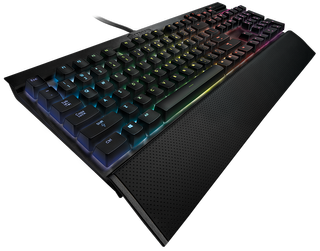
Mechanicals rate higher
At Tom's Guide, we evaluate every aspect of consumer products, and one of those aspects is price. Suppose you're a big massively multiplayer online (MMO) gamer. When some of the best membrane keyboards cost less than $100, and some of the best mechanical keyboards costs more than $150, we understand that this is not a trivial difference.
However, a good keyboard can last for years — five, 10, or even longer. An extra $50, or even $100, is a lot of money up front, but not much when you consider it's only an extra $5 per year of use. Consider, too, that mechanical keyboards can last for up to 50 million clicks (or more) per key, whereas membrane models tend to top out around 10 million. That's still years of use, but a mechanical keyboard could last decades — and even then, you could always replace the keys when they wear out. Once a membrane keyboard fries, it's usually gone for good. One $150 keyboard is cheaper than two $100 peripherals.
Buying a mechanical keyboard instead of a membrane model is like buying a Volvo instead of a Yugo. Sure, you're paying for the brand name, but you're also paying for a car that can last 25 years instead of five.
The most common objections to mechanical keyboards are high actuation and high price, but neither of these holds water under careful scrutiny. Whether you're a gamer, a writer or just someone who types a lot, you owe it to yourself — and your fingers — to see what a mechanical model can do for you. When you're purchasing a product that lasts five times as long as the average smartphone, there's no reason to settle for a low-cost device that's penny-wise, but pound-key foolish.
Sign up to get the BEST of Tom's Guide direct to your inbox.
Get instant access to breaking news, the hottest reviews, great deals and helpful tips.
Marshall Honorof is a senior editor for Tom's Guide, overseeing the site's coverage of gaming hardware and software. He comes from a science writing background, having studied paleomammalogy, biological anthropology, and the history of science and technology. After hours, you can find him practicing taekwondo or doing deep dives on classic sci-fi.

